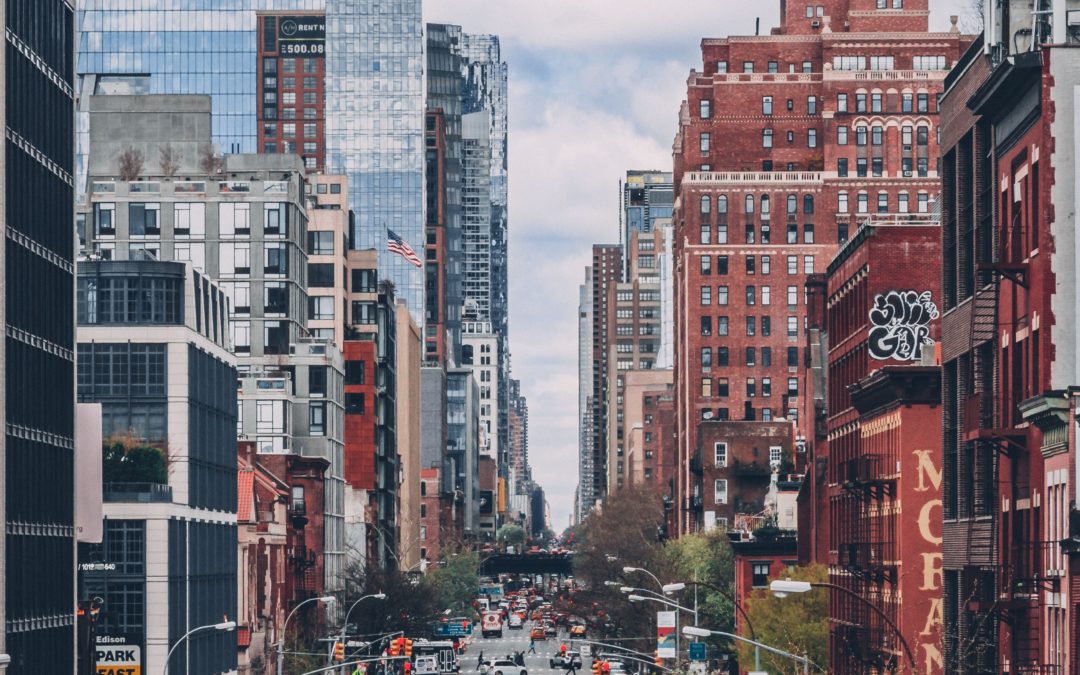Just last month, New York passed a bill called the Housing Stability and Tenant Protection Act of 2019. These new laws limit the amount of control of a landlord has over rent prices. Here’s how this new bill will affect both tenants and landlords in New York:
How the Law Affects Tenants
Tenants who live in regulated apartments will see their rents increase, but at a controlled amount. The biggest change that tenants will see from this bill is that they are protected from significant rent increases.
The practice of blacklisting is also now prohibited, which will protect renters who formerly “caused trouble” or sued landlords. In the past, these renters would be put on shared “blacklist” and be denied by landlords, and subsequently have a difficult time securing a future home. Under the new laws, landlords can be fined up to $1,000 if they are caught blacklisting.
How the Law Affects Landlords
The new law significantly restricts landlords’ control in many areas. They will no longer be able to raise their property’s rent when it becomes vacant. As previously mentioned, property owners are also limited in how much they can increase rent prices, even if they provide improvements or upgrades for their buildings. Some landlords have expressed concern over this issue, saying that they will not be able to afford important repairs if they are not able to increase rent prices as needed.
The long-term effects of this new law have yet to be seen. Property values will likely go down while some owners will inevitably sell. Some investors will be able to take advantage of these opportunities to buy real estate at a lower cost. So, for property owners, it’s a mixed bag.
While most tenants are celebrating these newly passed laws, many landlords are worried about their futures in property ownership. But only time will tell how this new bill will play out and affect the real estate market in New York.
